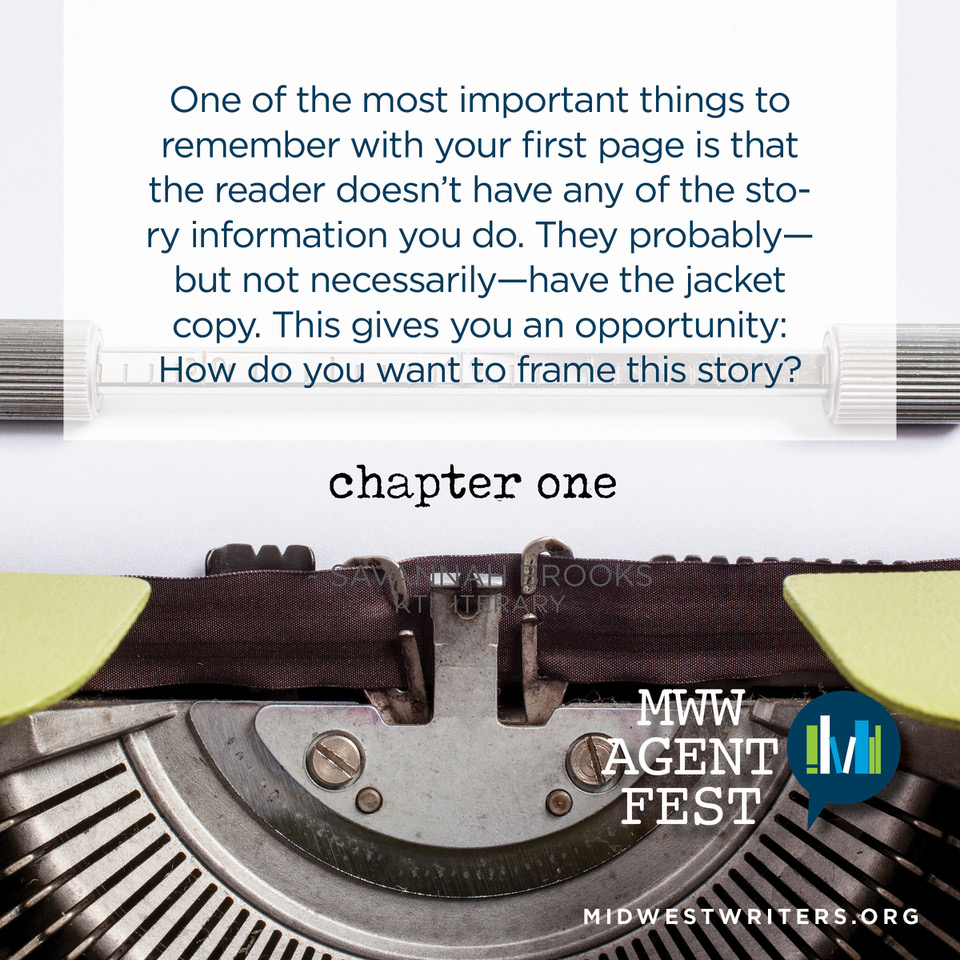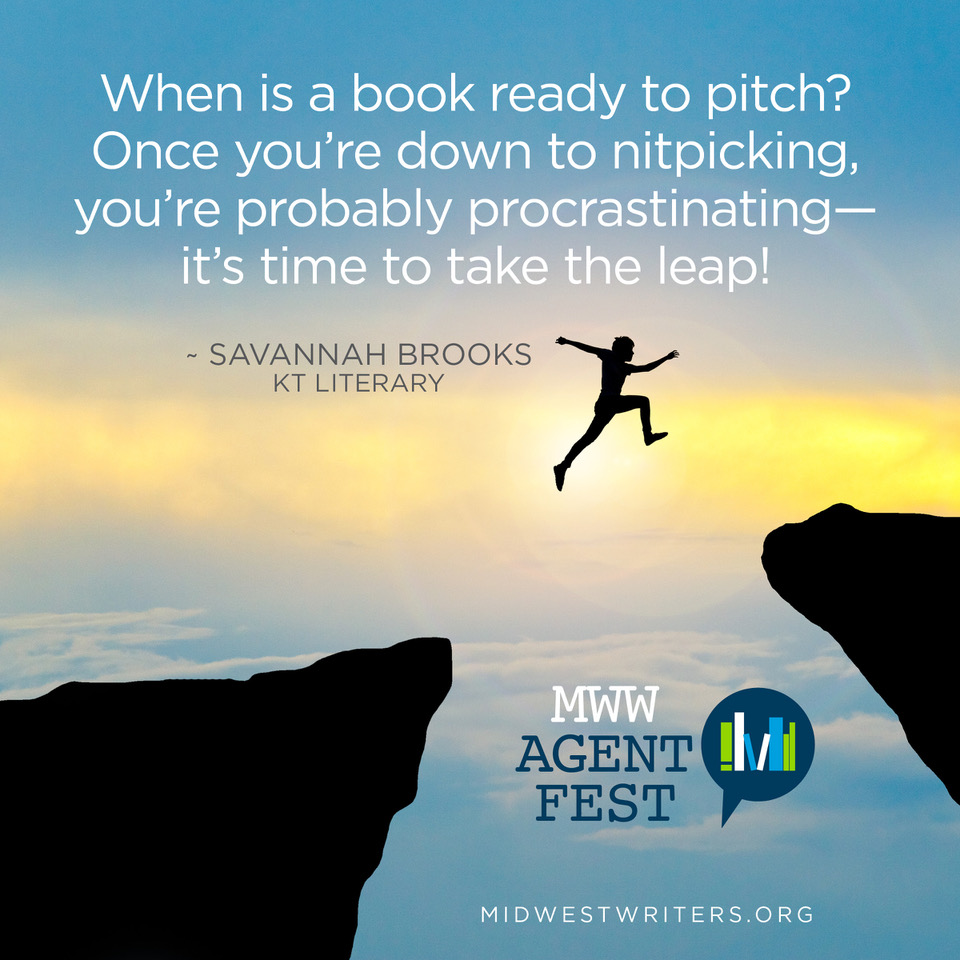Meet Savannah Brooks
Savannah Brooks started in agenting as an intern with the Jennifer De Chiara team in 2017, moving to associate agent in 2018. In 2022, she joined the incredible team at KT Literary as an agent, where she represents all of kid lit and adult contemporary fiction, romcoms, thrillers/mystery/suspense, and horror. She’s especially interested in stories that teach her something new, add to a larger sociopolitical conversation, and highlight underrepresented identities and cultures. She earned her MFA, focused in creative nonfiction, from Hamline University and her BS in marketing management from Virginia Tech and worked on the editorial side of publishing for two years prior to joining JDLA. As well as agenting, she works as a teaching artist at the Loft Literary Center. She lives in Minneapolis and can regularly be found at one of Minnesota’s 11,842 lakes—yes, even in winter.
Savannah will be teaching “Drawing an agent in from the first page” and participating in Thursday evening’s “First Page Read – Love It or Leave It, “Okay, Stop.” Look for her on our Query Letter Critique team!
Wishlist:
Q&A with Savannah
MWW: Authors love tips on the first page “hook,” and that’s why we’re so excited about your session. Without giving away everything you’ll cover then, will you name a few elements of a first page that make it successful?

SB: Definitely! The session will cover how to incorporate voice, tension, and motivation, which are really the anchor points for your plot and character arc. One of the most important things to remember with your first page is that the reader doesn’t have any of the story information you do. They probably—but not necessarily—have the jacket copy. This gives you an opportunity: How do you want to frame this story? What’s the most important element to introduce first? A reader wants to feel grounded, so be sure you give them something solid to hold onto. If you leave everything ambiguous, the story won’t be able to gain momentum.
MWW: Tell me a little bit about rejections. What’s the sliding scale on manuscripts that receive a form letter, and those that come with a personalized note?
SB: I send personalized feedback when I request a full manuscript and pass on it, otherwise everything is a variation on a form letter. I have some rejection categories: I don’t rep the genre, I’m not a good fit for animal protagonists, I’m not interested in procedural thrillers, etc. The truth is, though, most of the queries I get fall into that nebulous “it’s just not quite right” category. So many things have to go right for an agent to pick up a project, most of them subjective. I think a lot of us wish we could send personalized notes for every query, but when you get around 300–500 queries a month, unfortunately it’s just not possible.
MWW: When is a book ready to pitch?
SB: This is where beta readers, writing groups, and critique partners are so important. Rely on those trusted readers to let you know when the story is sound: no plot holes, full character development, fleshed out setting, consistent voice, constant tension, etc. I highly recommend getting your manuscript into as polished of shape as possible before sending out to agents. A personal favorite editing book of mine is The Artful Edit by Susan Bell; I recommend it for basically every writer I know because of the way it breaks down macro and micro editing. Once you’re down to nitpicking, you’re probably procrastinating—it’s time to take the leap!

MWW: What’s one piece of advice you think could benefit all writers when it comes to approaching agents for representation?
SB: I think this question is best answered by giving some info first. I try to go through a handful of queries each day, but that’s just sorting queries into NOs and MAYBEs. It’s rare I have a few hours at a time I can really devote to reading queries, but when I do, then I’ll go through the MAYBEs and see what projects I want to request fulls of. Oftentimes, it’s the NOs that get fast responses and the YESes that can take a while. So as hard as it is, try not to equate longer waiting times with silence, because your perfect agent very well may still have your manuscript in their TBR!
MWW: What’s the best book you’ve read this year?
SB: I’ve read a lot of great books, but this honor has to go to Tomorrow, and Tomorrow, and Tomorrow by Gabrielle Zevin. I learned so much about video game design and production while reading, and Sam, Sadie, and Marx all still hang out in my head. It’s really a masterpiece in writing character.
|



